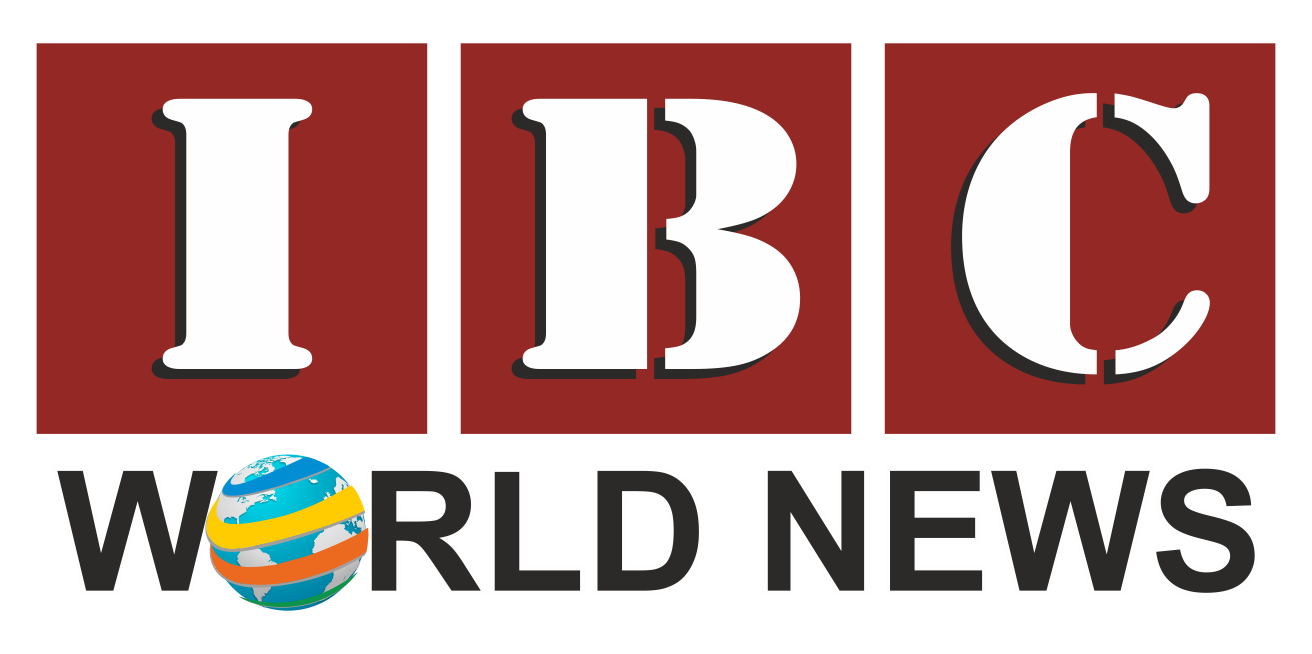Experts highlight long-term impact of the 1997 pact on India’s hardware manufacturing ambitions
New Delhi
Economists and strategic affairs analysts have argued that the Information Technology Agreement (ITA) of 1997 between India and the United States severely weakened India’s potential to develop a world-class computer hardware industry, leaving the country overly dependent on software and services. The debate resurfaced on Saturday after fresh criticism of the agreement on social media.
The ITA, signed during the Bill Clinton administration, eliminated tariffs and trade barriers on information technology-related products and services. While the US pushed India to focus on software development and related services, India Inc had reportedly sought to retain tariffs on computer hardware to nurture domestic manufacturing.
In a detailed post on X, strategic affairs analyst and columnist Divya Kumar Soti claimed that the agreement effectively forced India out of the hardware sector. Do you know that India ceded away hardware sector to the United States as part of the ITA of 1997 against the wishes of India Inc! Clinton administration pursued GoI to remain confined to software and allied services (call centres) and remain out of hardware sector, he wrote. Soti added that without the agreement, India might have been producing world-class hardware like China and Taiwan.
He further criticised the software superpower narrative promoted in the late 1990s and early 2000s, arguing that India’s IT sector is still heavily reliant on the US for profitability. We don’t even have an email platform of our own… and AI will soon displace many of the outsourced jobs our graduates perform, Soti said. Responding to the post, economist and NITI Aayog member Dr. Arvind Virmani said he had opposed the pact at the time, warning of an inverted duty structure that would undermine electronics assembly in India.



